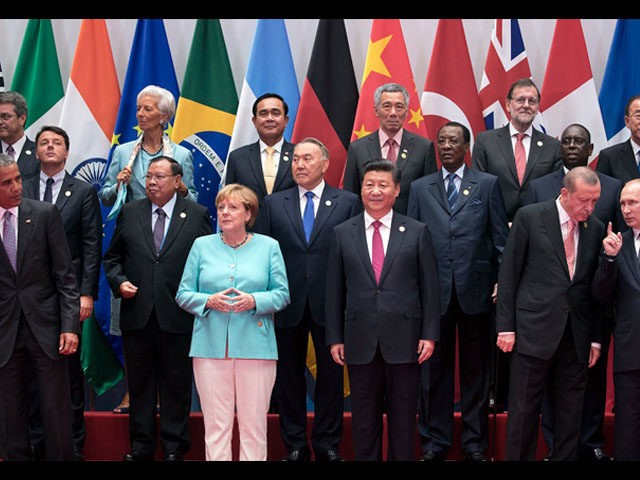This column originally appeared at the Wall Street Journal:
As our dispiriting presidential campaign grinds on, the rest of the world is not standing still. And the news is not good.
At the G-20 meeting last weekend, Chinese officials treated the president of the United States and his senior aides with blatant disrespect. As Chinese nationalism surges, President Xi Jinping is asserting his country’s claims throughout the South China Sea, a move that episodic demonstrations of American naval power have failed to halt. Meanwhile, the linchpin of President Obama’s “pivot” to Asia—the Trans-Pacific Partnership—faces opposition from both presidential candidates and hangs by a thread in Congress. Its defeat would deal a heavy blow to American credibility.
In the Middle East, the Syrian civil war continues its bloody course, and the latest effort to negotiate a humanitarian cease-fire with the Russians has foundered over what the administration describes as “trust” issues. Mr. Obama’s prediction that Vladimir Putin’s use of military force would land him in a quagmire described his own state of mind rather than reality. Instead, at modest cost, Mr. Putin has restored Russia’s standing as a key player in the region, while our friends and allies see America in retreat.
In northern Syria, U.S.-backed Kurds have been the only effective fighters against Islamic State. But when Turkey sent its forces across the border, Mr. Obama sent Vice PresidentJoe Biden to Turkey, where he demanded that the Kurds withdraw from ISIS-held territory they had recently seized. President Recep Tayyip Erdogan sees every manifestation of Kurdish nationalism, wherever it may occur, as a threat to Turkey’s domestic security.
Read the full story at the Wall Street Journal.

COMMENTS
Please let us know if you're having issues with commenting.